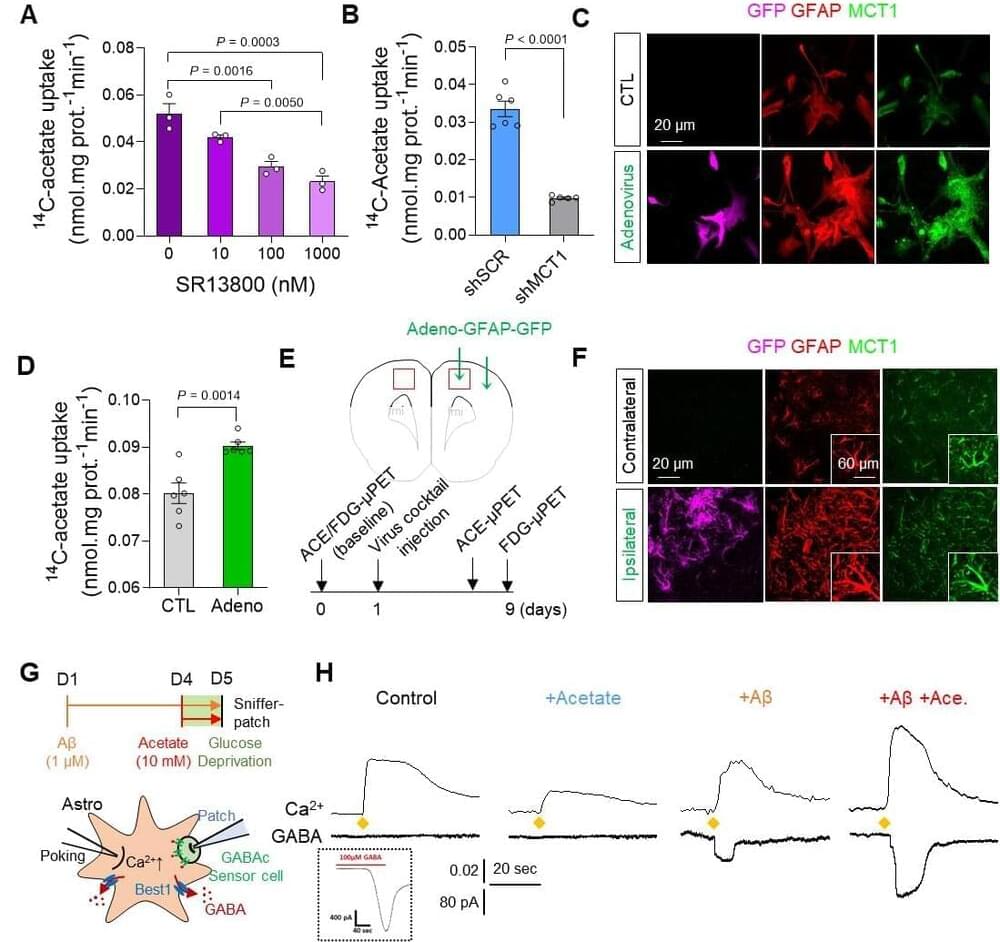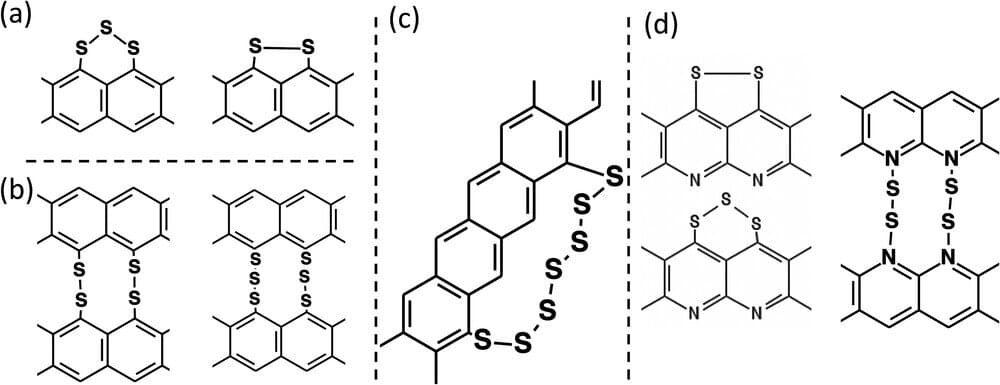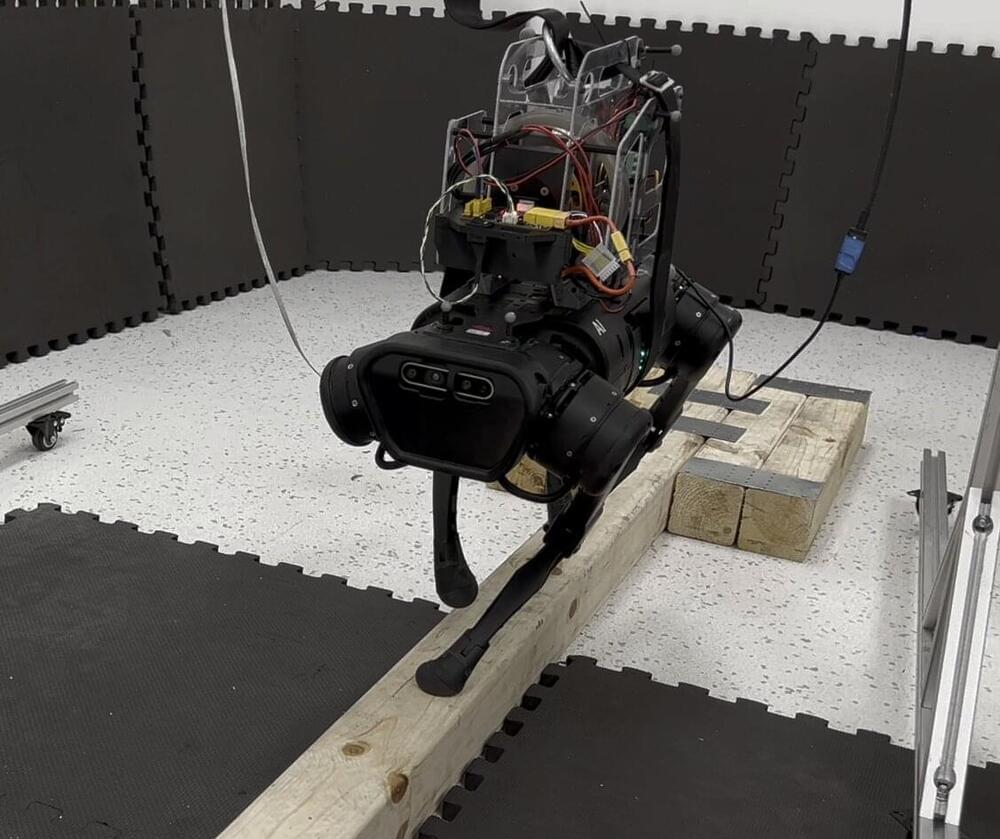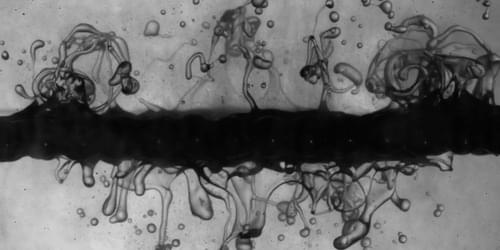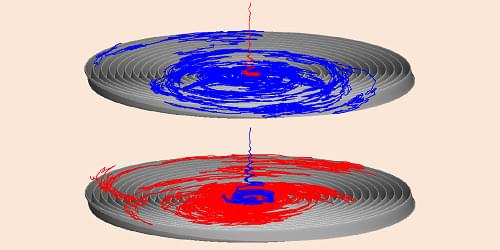Apr 18, 2023
A new breakthrough in Alzheimer’s disease research: Visualizing reactive astrocyte-neuron interaction
Posted by Shubham Ghosh Roy in categories: biotech/medical, neuroscience
Recently, a team of South Korean scientists led by Director C. Justin Lee of the Center for Cognition and Sociality within the Institute for Basic Science made a discovery that could revolutionize both the diagnosis and treatment of Alzheimer’s Disease. The group demonstrated a mechanism where the astrocytes in the brain uptake elevated levels of acetates, which turns them into hazardous reactive astrocytes. They then went on to further develop a new imaging technique that takes advantage of this mechanism to directly observe the astrocyte-neuron interactions.
Alzheimer’s disease (AD), one of the major causes of dementia, is known to be associated with neuroinflammation in the brain. While traditional neuroscience has long believed that amyloid beta plaques are the cause, treatments that target these plaques have had little success in treating or slowing the progression of Alzheimer’s disease.
On the other hand, Director C. Justin Lee has been a proponent of a novel theory that reactive astrocytes are the real culprit behind Alzheimer’s disease. Reactive astrogliosis, a hallmark of neuroinflammation in AD, often precedes neuronal degeneration or death.
